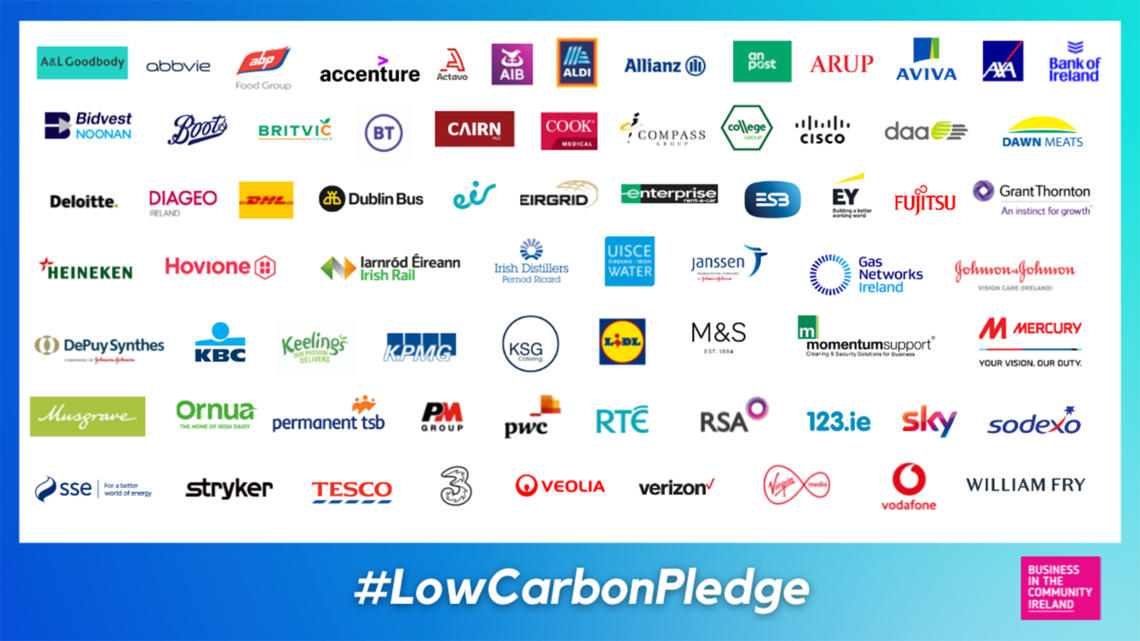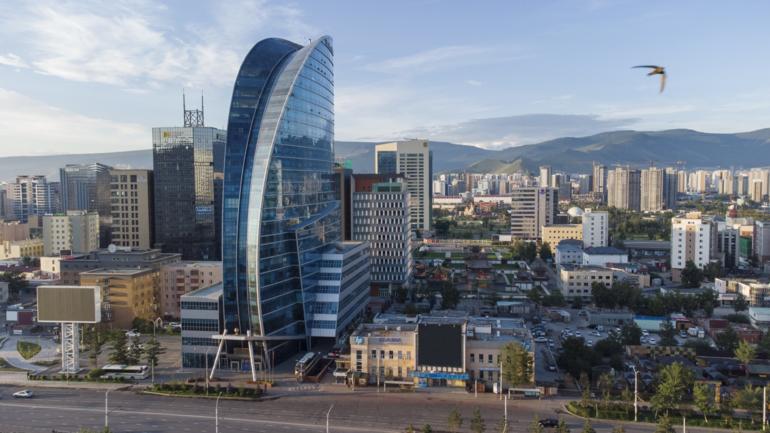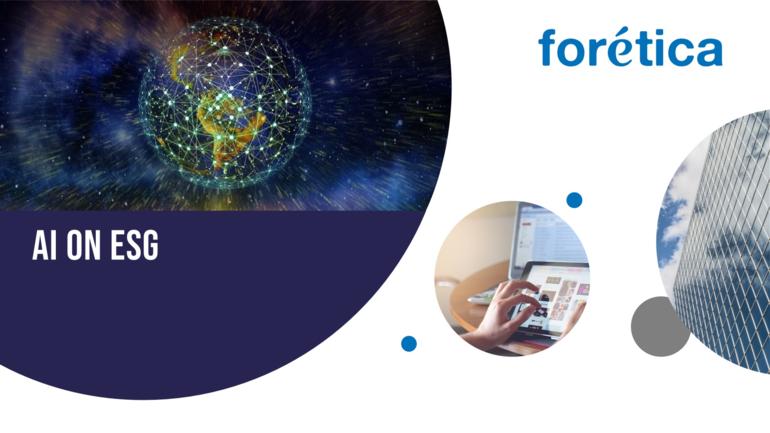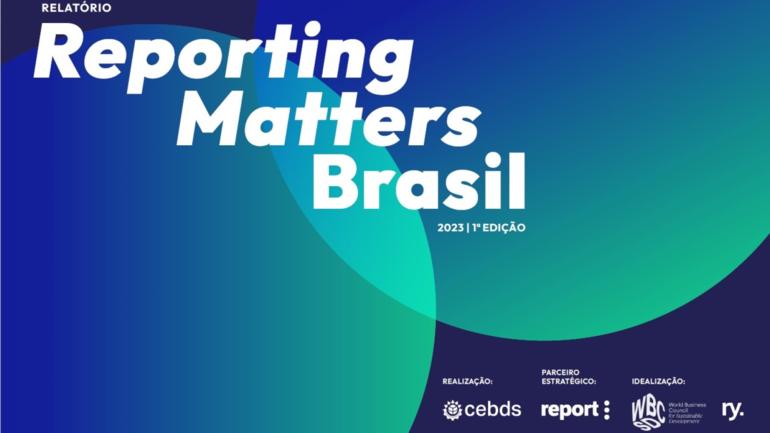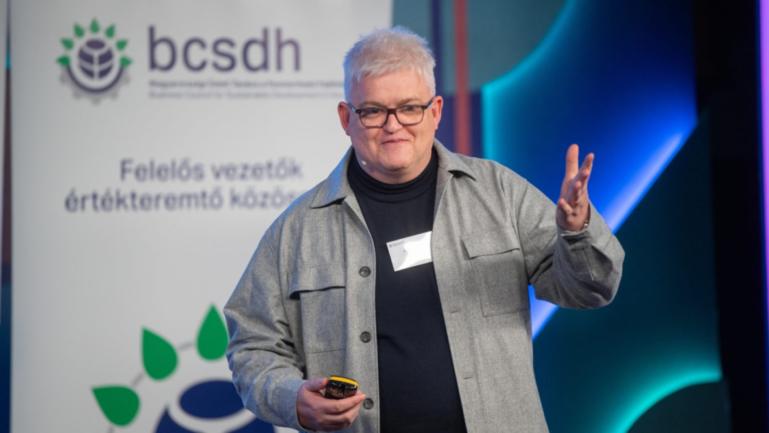Dublin, 23 June 2022: Business in the Community Ireland (BITCI), WBCSD's global partner in Ireland, in partnership with PwC prepared a new report showing that progress is being achieved by companies setting Science-Based Targets as part of a drive to move to net zero. Four years ago, BITCI launched its Low Carbon Pledge, with 47 companies signed up. That number has now grown to 70.
The report, Business Working Together for a Low Carbon Future, outlines the progress being made towards decarbonization. Leading Irish businesses continue to take a primary role in the transition to a low carbon economy. The report was launched by Eamon Ryan, T.D., Minister for Environment, Climate, Communications and Transport.
More Irish businesses addressing climate change
Indicating more businesses are addressing climate change, 70 Irish companies have now signed the Pledge, up from 64 last year and 47 Signatories in 2019, the first year of the report. The Signatories span 11 sectors, with professional services firms, agribusiness/food & drink and financial services being the top three largest sectors represented.
Embedding Science-Based Targets (SBTs) in a company’s strategy is crucial. The Pledge requires that all Signatories commit to setting SBTs no later than 2024, and, significantly, review and assess indirect and supply chain emissions. This must include their entire carbon footprint (Scope 1, 2 & 3) and be in line with the Paris Agreement and the latest Intergovernmental Panel on Climate Change (IPCC) findings. The ultimate goal of the Pledge is to achieve carbon neutrality and these targets are the first step towards a net zero world by 2050.
70% of the Pledge Signatories are well progressed to setting Science-Based Targets (SBTs) by 2024, up from 68% last year. This includes over four out of ten (41%) who have set and approved SBTs and a further 29% who have formally committed to setting these targets. It is important to note that the majority of those who have not yet set SBTs have set emission reduction targets, which is an important step towards setting SBTs. The majority of respondents are set to achieve their SBTs by 2030 or earlier.
Whilst last year’s Low Carbon Pledge report was set against the challenging backdrop of the COVID-19 pandemic, this year’s report is set against another major challenge – the war in Ukraine. The war demonstrates the impact of global geopolitical risk and shocks on national energy security and should be viewed as providing policymakers (and businesses) with further justification for accelerating investment and delivery of the renewable energy future.
Growing gap at a global level
The report notes that despite efforts of governments around the world, Green House Gas (GHG) emissions continue to increase. Without strengthening climate policies, GHG emissions are projected to lead to a median global warming of approximately 3.2°C by the end of this century.
The growing geopolitical uncertainty around the world may impact negatively on the journey towards net zero – the report highlights that there is a growing gap between ambition and action at the global level. At the same time, challenges remain to make meaningful change, mainly around the need for guidance (on base line calculations, reporting, standards etc), value chain (scope 3 emissions) engagement and just and fair transition that leaves no-one behind. Moving beyond net zero to a nature positive ambition will be important for businesses that want to ensure their strategy and operating model is future-proof. While there is a significant response to the net zero challenge, the nature agenda requires metrics and targets for improvement and reduction. The 2022-2025 Business in the Community Ireland Strategic Action Plan will focus its efforts and action on helping companies achieve this ambition.
The case studies identified in the report clearly signpost some of the key elements that companies should consider when setting their SBTs. Companies profiled this year are: Bank of Ireland, Cairn Homes, Dublin Bus, Keelings and Vodafone.

